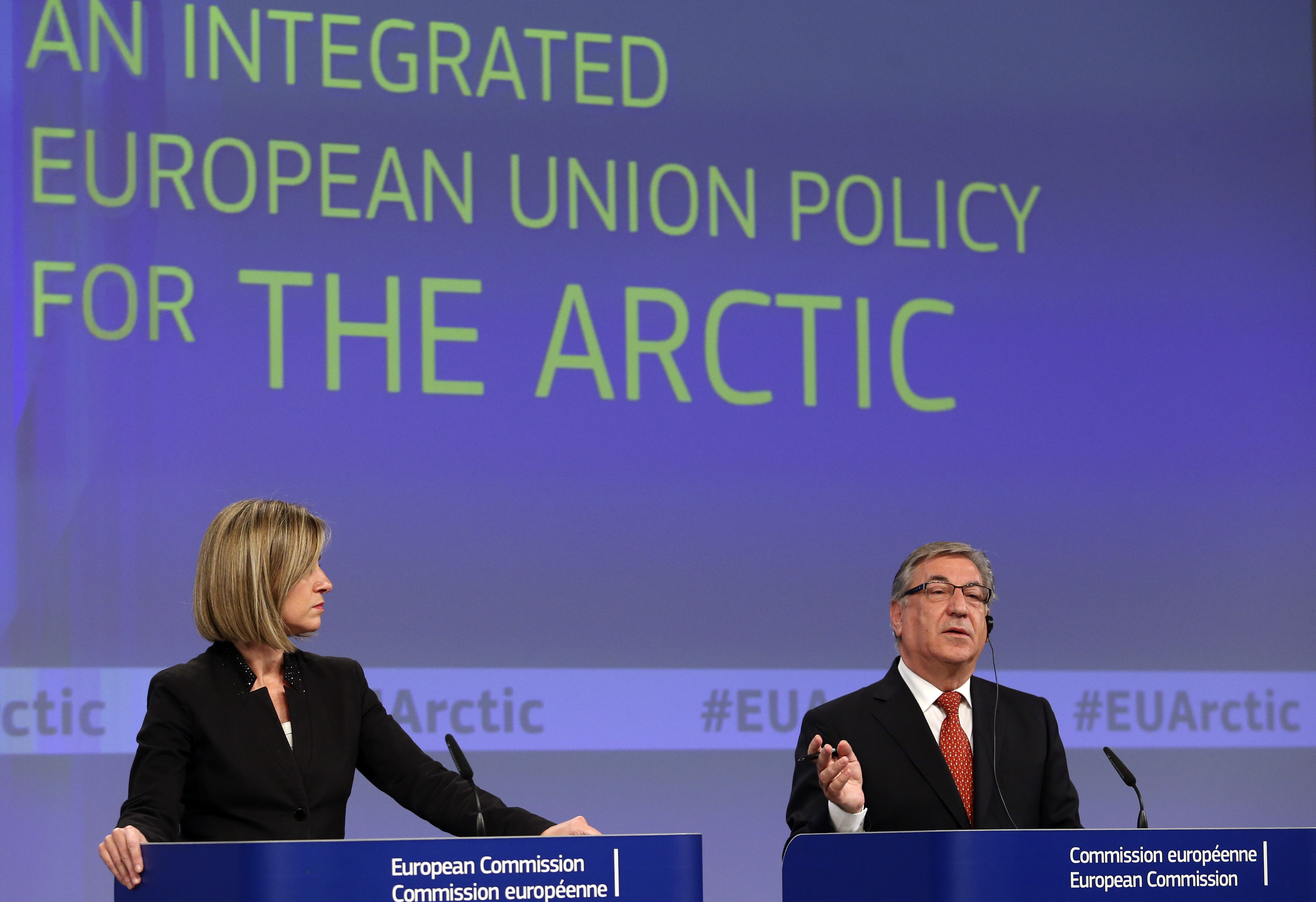EU seeks input ahead of Arctic policy update
The next version of Europe’s strategy towards the Arctic is likely place more emphasis on a foreign policy to address the “ever-increasing” internationalization of the region

The European Union is asking its member states and other decision-makers from throughout the 27-country bloc for their input as it seeks to update its Arctic policy.
“The EU’s Arctic policy dates from 2016, but new challenges and opportunities caused by climate change and receding sea ice, and the region’s ever increasing geo-political importance, mean this policy should be updated,” the European Commission, the union’s executive branch, wrote in its call for public comment.
The consultation period began on July 21 and closes on November 6. Brussels will use the responses to assess what changes to make to of its Arctic policy.
Originally adopted in 2008, the EU Arctic strategy in its current iteration lays out three priorities: climate change and the environment, sustainable development and international cooperation on Arctic issues.
While the European Commission, the union’s executive branch, and the EEAS, its foreign service, expect that a new strategy will need to address many of the same issues, it hopes that the consultation will help it identify new areas to add to the strategy.
One new area may be foreign policy. The call for comments suggests Brussels will seek to address these issues in a strategy that it expects will address the “interrelated” challenges faced by the region.
“The Arctic is a rapidly evolving frontier in international relations,” said Josep Borrell, the EU’s chief diplomat, said. “Climate change is dramatically transforming the region, and increasing its geopolitical importance, with a number of players seeing new strategic and economic opportunities in the High North.”
[The EU is poised to take a broader — and more proactive — role in the Arctic]
The 2016 strategy update concerns itself mostly with soft-power issues. The union’s foreign policy towards the region is defined in its foreign policy strategy, also published in 2016.
That policy states that the EU has a strategic interest in the region, but rather than acting on its own to achieve its goals it has committed itself to working through existing regional organizations, including the Arctic Council.
Any new strategy would continue to recognize that Arctic states “should lead the process” in the Arctic, Jari Vilén, a senior advisor to the European Commission specializing is Arctic issues, said last year after it emerged that the EU was considering revamping its strategy. However, he believes that Brussels will need to react to the increasing interest non-Arctic countries are taking in the region by seeking to act on its own.
“Finding a way to involve all stakeholders, not just Arctic stakeholders, will be the big question the EU will need to address,” he said.